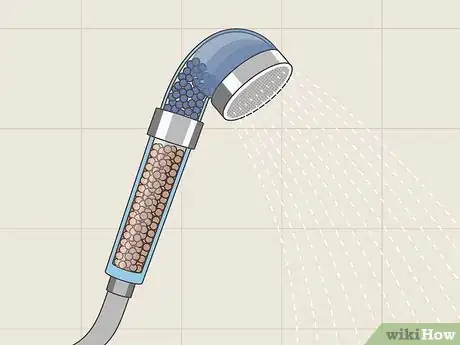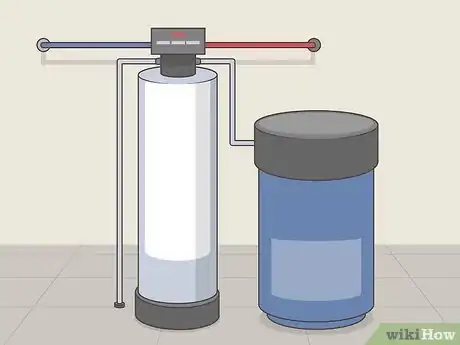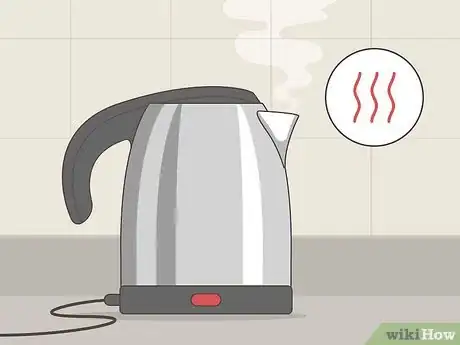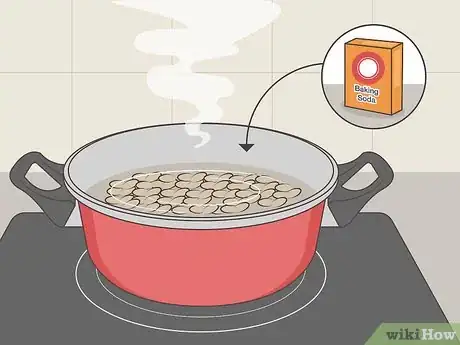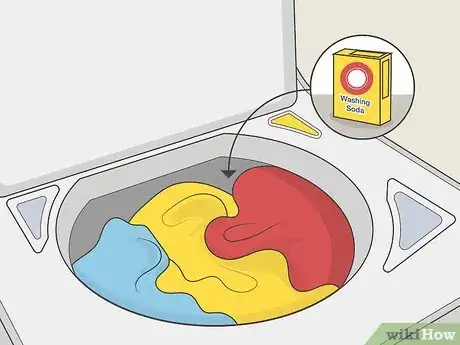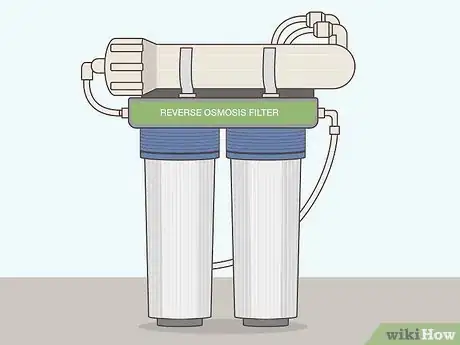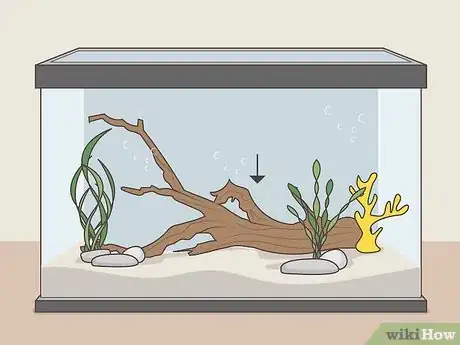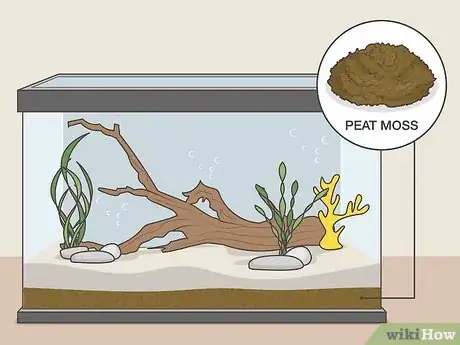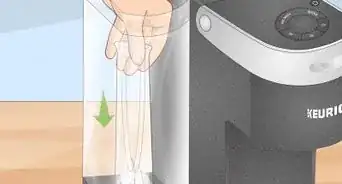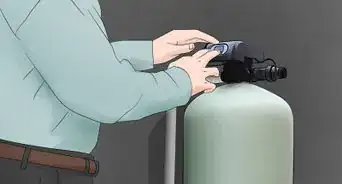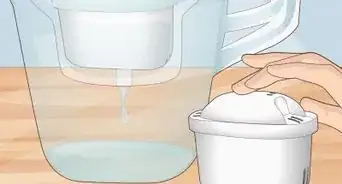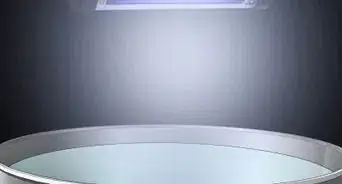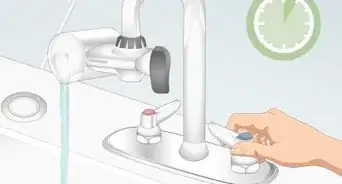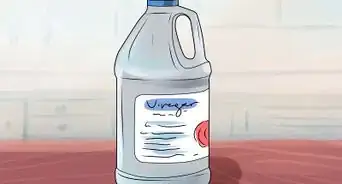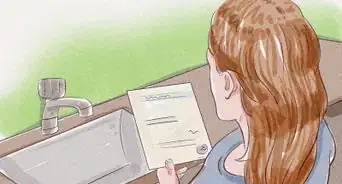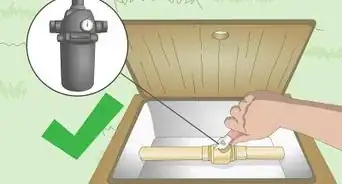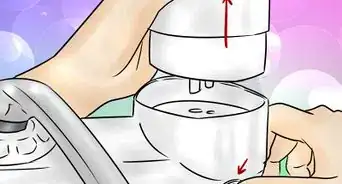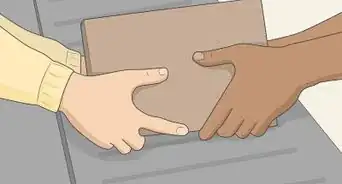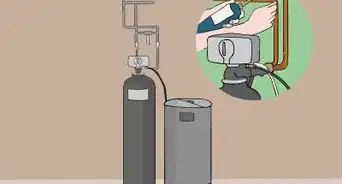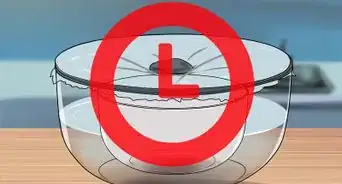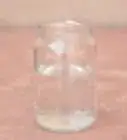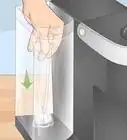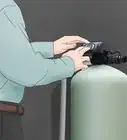This article was co-authored by wikiHow staff writer, Hannah Madden. Hannah Madden is a writer, editor, and artist currently living in Portland, Oregon. In 2018, she graduated from Portland State University with a B.S. in Environmental Studies. Hannah enjoys writing articles about conservation, sustainability, and eco-friendly products. When she isn’t writing, you can find Hannah working on hand embroidery projects and listening to music.
There are 7 references cited in this article, which can be found at the bottom of the page.
This article has been viewed 144,147 times.
Learn more...
If you notice that your faucets have a chalky white buildup or your dishware sometimes gets spots on it, your home might have hard water. Hard water usually contains a high concentration of minerals like calcium or magnesium, which can cause a funny taste or smell. If you’d like to soften the water in your home naturally, there are a few different options you can choose from that don’t involve harsh chemicals.
Here are 8 natural ways to soften hard water.
Steps
References
- ↑ https://www.health.state.mn.us/communities/environment/water/factsheet/softening.html
- ↑ https://www.health.state.mn.us/communities/environment/water/factsheet/softening.html
- ↑ https://www.rhs.org.uk/advice/profile?PID=691
- ↑ https://chem.libretexts.org/Bookshelves/Inorganic_Chemistry/Modules_and_Websites_(Inorganic_Chemistry)/Descriptive_Chemistry/Main_Group_Reactions/Hard_Water
- ↑ https://www.itacanet.org/an-introduction-to-water-hardness/
- ↑ https://users.cs.duke.edu/~narten/faq/chemistry.html
- ↑ https://www.ccmr.cornell.edu/wp-content/uploads/sites/2/2015/11/Water-Hardness-Reading.pdf
- ↑ https://chem.libretexts.org/Bookshelves/Inorganic_Chemistry/Modules_and_Websites_(Inorganic_Chemistry)/Descriptive_Chemistry/Main_Group_Reactions/Hard_Water
- ↑ https://www.theaquariumguide.com/articles/lower-ph-aquarium#Adding_Driftwood_to_a_Tank
About This Article
To soften hard water naturally, get a filter installed, or for a short-term solution, try boiling your water before you use it. If you drink water straight from the tap often, consider installing a drinking water filter in your kitchen to remove impurities. Some filters attach directly to your faucet, while others act as filters for pitchers. If you only want to soften small amounts of water at a time, fill your kettle from your faucet and boil it. Let the water cool completely, then transfer it to a container with a baster, siphon, or ladle. Try to avoid any sediment that gathers at the bottom. To stop your boiled water from tasting flat, pour it back and forth between 2 clean containers for a few minutes, which will restore oxygen to the water and improve its taste. If you want to soften your shower water, get an ion exchange shower head filter from a hardware store. These filter chemicals, like chlorine and lead, from your water. For more tips, including how to soften your laundry water, read on!
